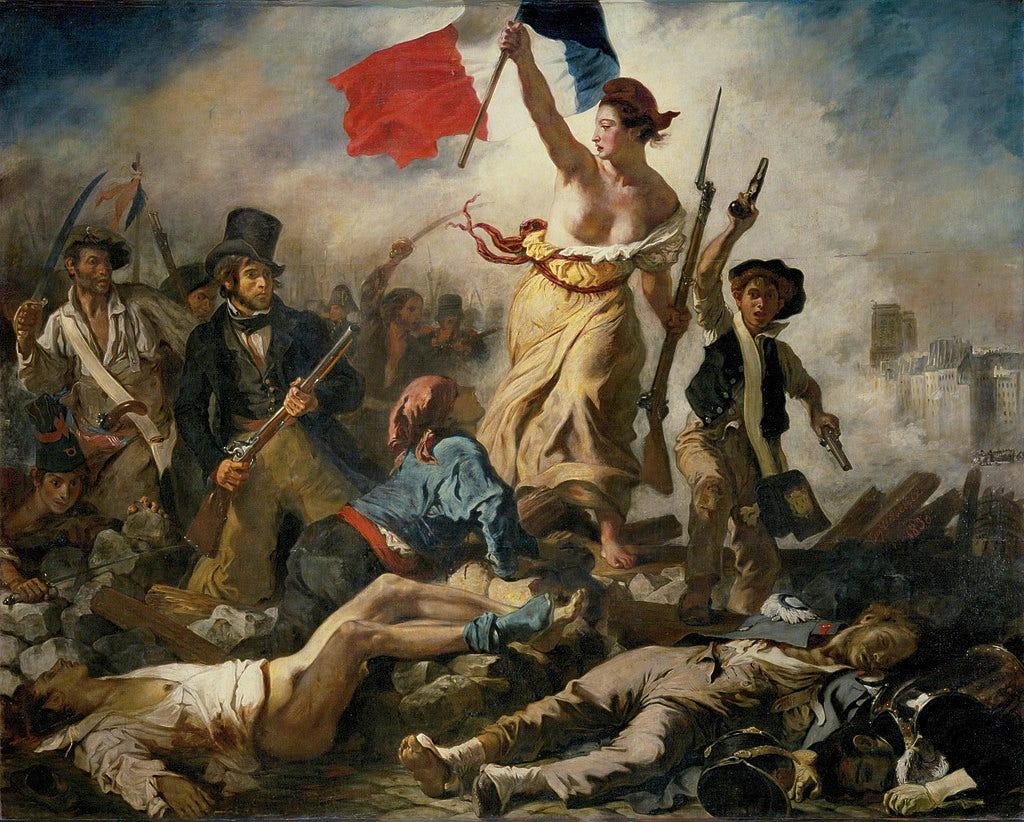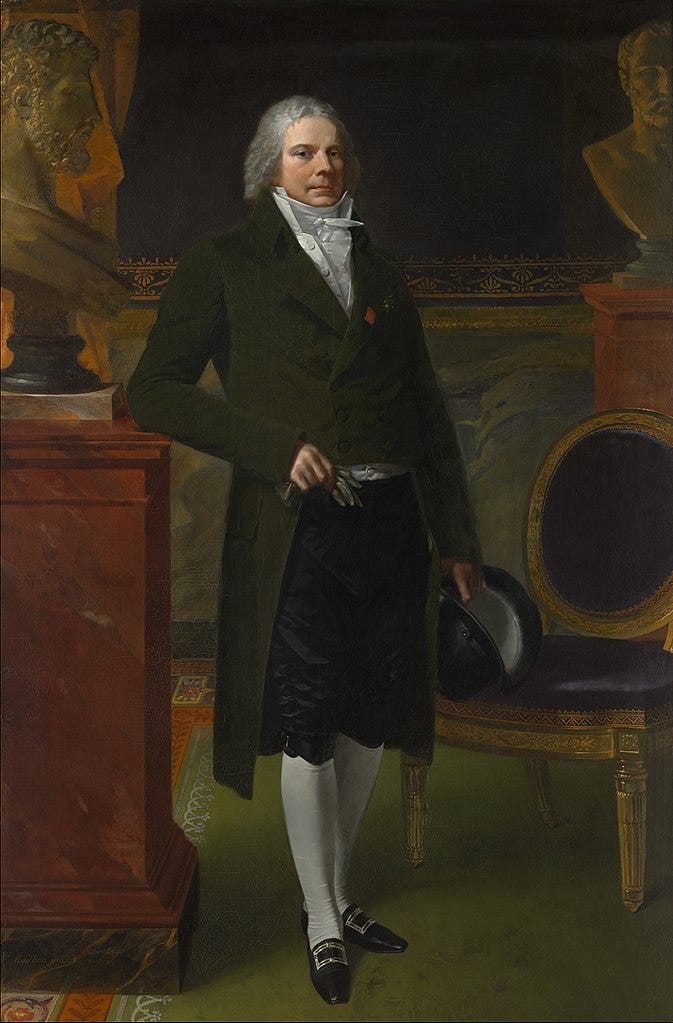The Congress of Vienna
In 1814, Europe danced to the rhythm of the Viennese Waltz. Napoleon was defeated, but the new order he and the French Revolution created would not go away so quickly.
Thus, the Congress of Vienna was called.
All politicians, kings, dukes, a czar, and lesser lords came to Vienna to decide the fate of Europe. They all desired to preserve the world as it was before the revolution. They talked, danced, drank, and talked again. It was a party the world had never seen.
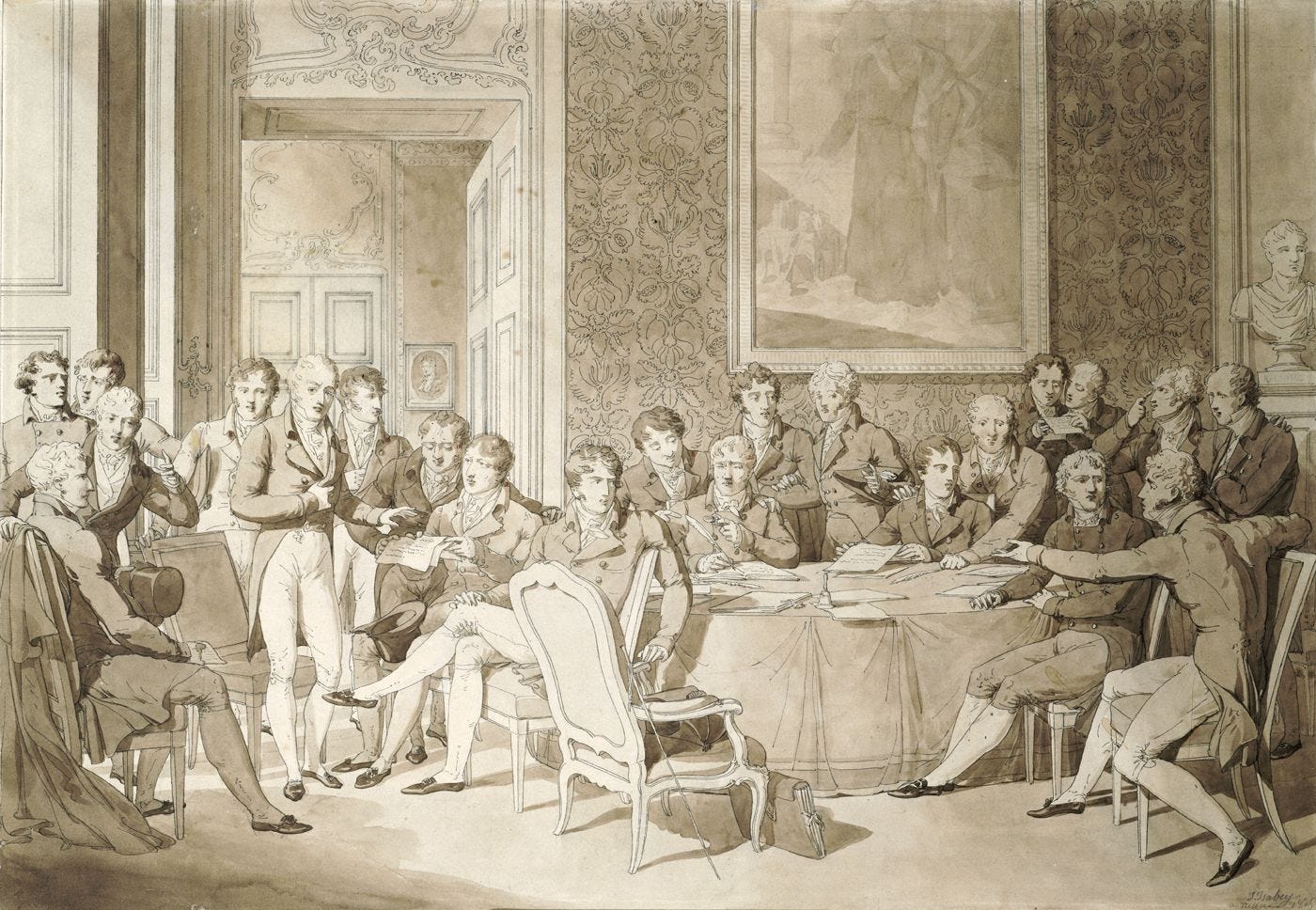
The Congress of Vienna
The Congress of Vienna took place from 1814 to 1815. The most influential people of the time met under the leadership of Austria to decide the fate of France and Europe. Russia, Austria, Prussia, and Great Britain had different interests that could not be reconciled. Moreover, French foreign minister Prince of Talleyrand managed to get France into the conference room to have its say. It seemed that the peace negotiations would be complex, maybe even impossible. No wonder it took two years.
The French revolution created Napoleon.
In 1789, the crowd in France attacked the Bastille, the symbol of royal power. We regard the date as the start of the French Revolution. It shocked everybody when the revolutionaries overthrew the crown and then executed the king and his queen. All the crown heads felt threatened, and their fear was justified when the French started the offensive war. To spread their republican ideas in part and in part to cover their internal problems. Austria, Prussia, and Britain allied for the first time against France to suppress the revolution without success. The revolution continued and eventually created an empire. 1799, Napoleon Bonaparte gained supreme power in France, and Napoleonic wars began.
Napoleon and new regimes in Europe

Napoleon Bonaparte named himself the Emperor of the French in 1804. However, it was a different regime than the old monarchy. The state was not his. It belonged to the people, and Napoleon as the emperor, ruled over them. There was new legislation, the first civil laws based on the ideas born during the revolution. These same ideas spread abroad with his offensive w’s offensive wars. A similar regime to the French one was created in Spain, where Napoleon's brother was crowned king.
In some cases, Napoleon created republics under the French protectorate, like the one in Switzerland or a list of new republics in Italy. Furthermore, Bonaparte dissolved the Holy Roman Empire, declaring it non-functional. This meant that the Habsburg emperor Franz II. ceased to be the emperor at all because his empire suddenly vanished.
Allies against the French
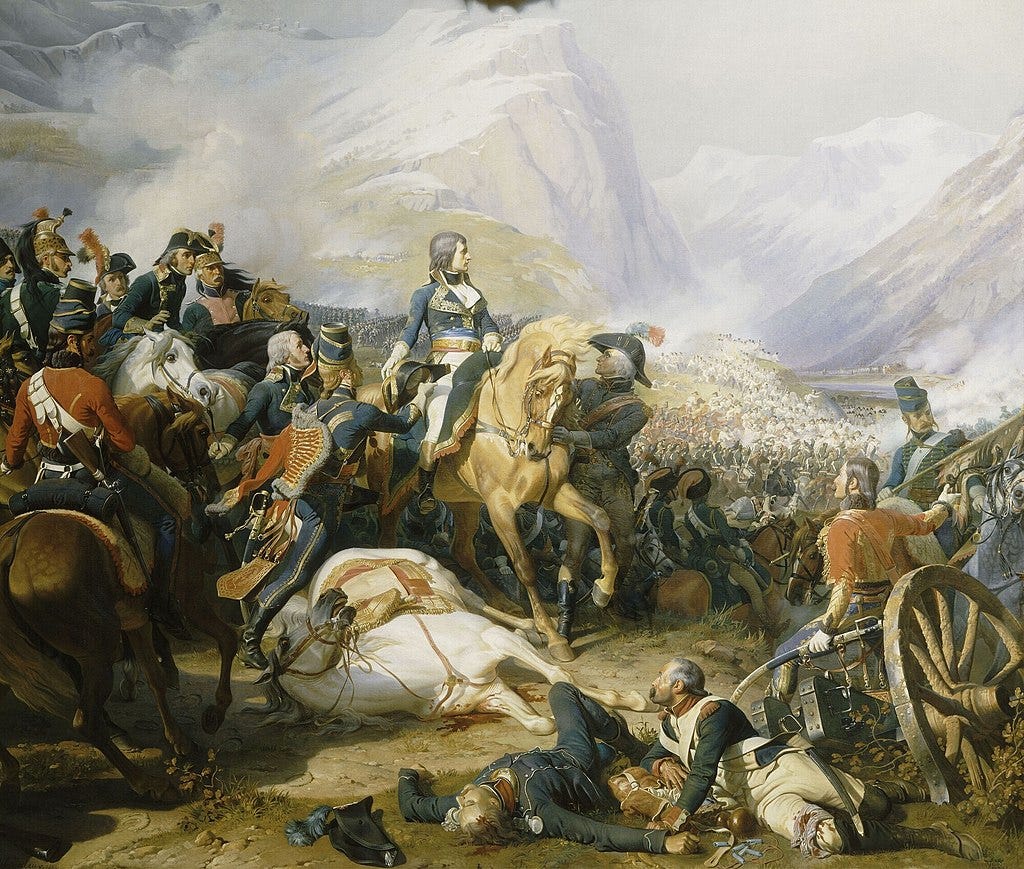
The French Revolution scared all the crowned heads in Europe for obvious reasons. They supported the overthrown Bourbon monarch with the strength of arms. Until Napoleon's first defeat, six anti-french coalitions existed. Its members varied depending on which state had some kind of treaty with France. Most of them were French allies at some point during the wars - Prussia or Austria, for example. However, it was not French diplomacy but a simple, pragmatic need that drove them to Napoleon's side. They signed the treaty at the point of French spears but tore it to pieces as soon as possible.
Napoleon tried hard to gain allies but failed to understand his position. He was a pretender for all the kings, emperors, and czars. Creation of a revolution. A destroyer of monarchies and a grave danger to the old regime. Furthermore, he had no pedigree, no right to call himself an emperor, and the strength of his army could not change that. Well, as long as his army was far enough from their borders.
Napoleon defeated

Thus, it came to the war of the Sixth Coalition. It followed Napoleon's failed invasion of Russia in 1812. Here, the emperor lost around 400,000 men not to the continuous small attacks from the clever general Kutuzov but to cold and hunger. France never recovered from this loss. Napoleon built a new army from fresh conscripts, as large as before. But one thing he could not regain as quickly - horses. He did not know it then, but every horse that died on the march and was eaten by the hungry soldiers added a little to the French empire's defeat.
Before 1812, all seemed well to the French emperor. He had Prussia on his side and a peace treaty with Austria. He was married to a Habsburg princess and had a son with her. Now, every ally deflected from the French side. Napoleon's first significant defeat was in the Battle of Nations at Leipzig (1812). After a short period of renewed fighting, France was attacked, and Napoleon was deposed by his senior officers, who saw the inevitable defeat of their country. The Congress of Vienna could begin.
Main actors of the Congress of Vienna
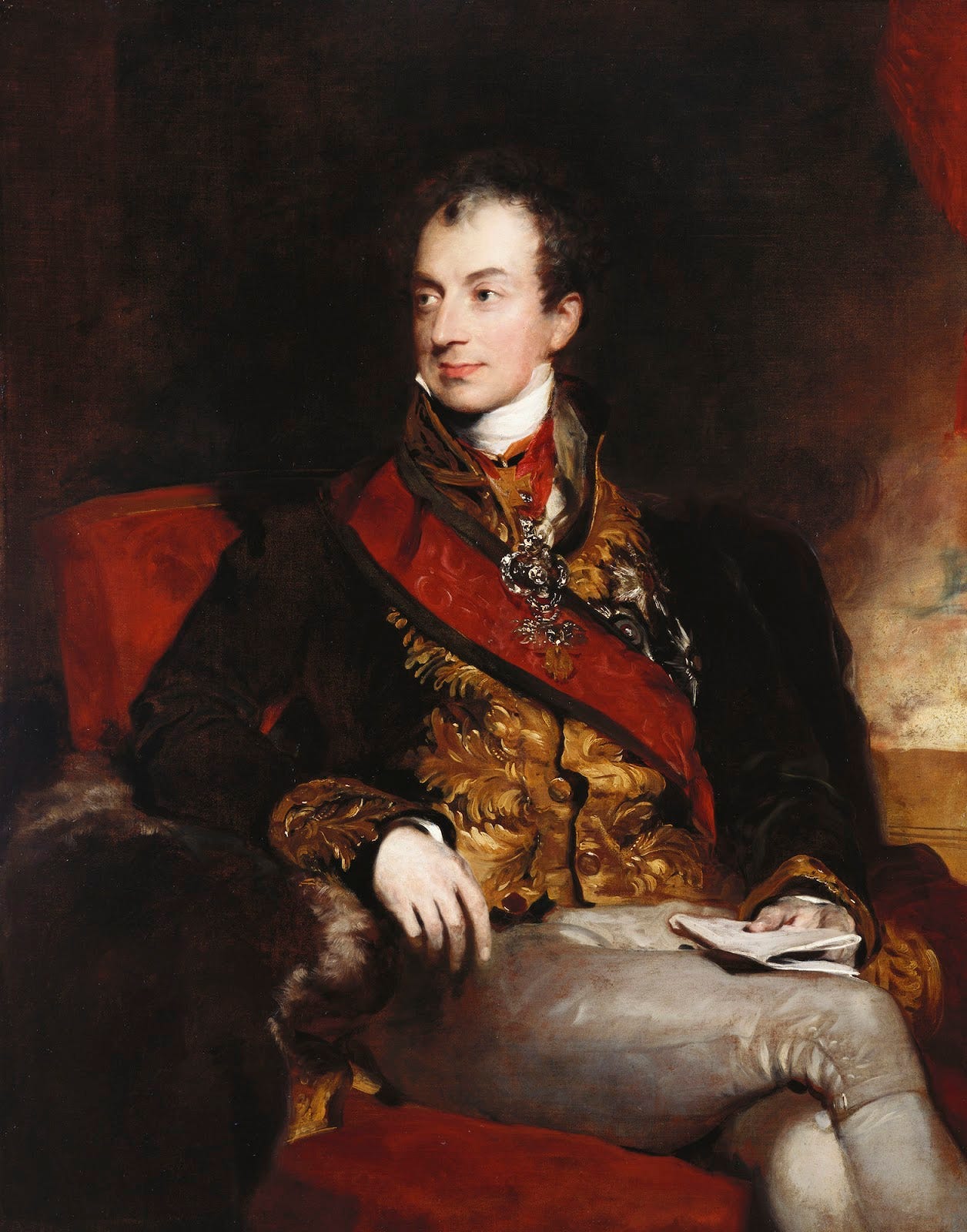
Napoleon was exiled to the island of Elba, and the Bourbon king returned to the French throne. The former allies could pick the pieces and create a new order. It should be similar to the old one, but every ruler had goals to gain amongst the ashes of Europe. Leading actors were Austria, represented by its first minister Clemens Lothar Metternich; Russia and its eccentric czar Alexander I.; the United Kingdom; and Prussia. The Congress of Vienna started.
The negotiations took very long. The czar wanted Poland. All of it. That would threaten Austria as Russia would become the most prominent power in central Europe. Prussia wanted Saxony, but mostly, the Prussian king wanted what the Russian czar ordered him to want. Without him, he was nothing. The British came to Vienna with one clear goal and were determined to gain it at any cost. The balance of power. They wanted peace, order, and a peaceful, prosperous Europe for their trade. Who got what and at whose price was irrelevant to the British as long as everybody was happy and nobody was more potent than his neighbor.
Politics, intrigue, and love
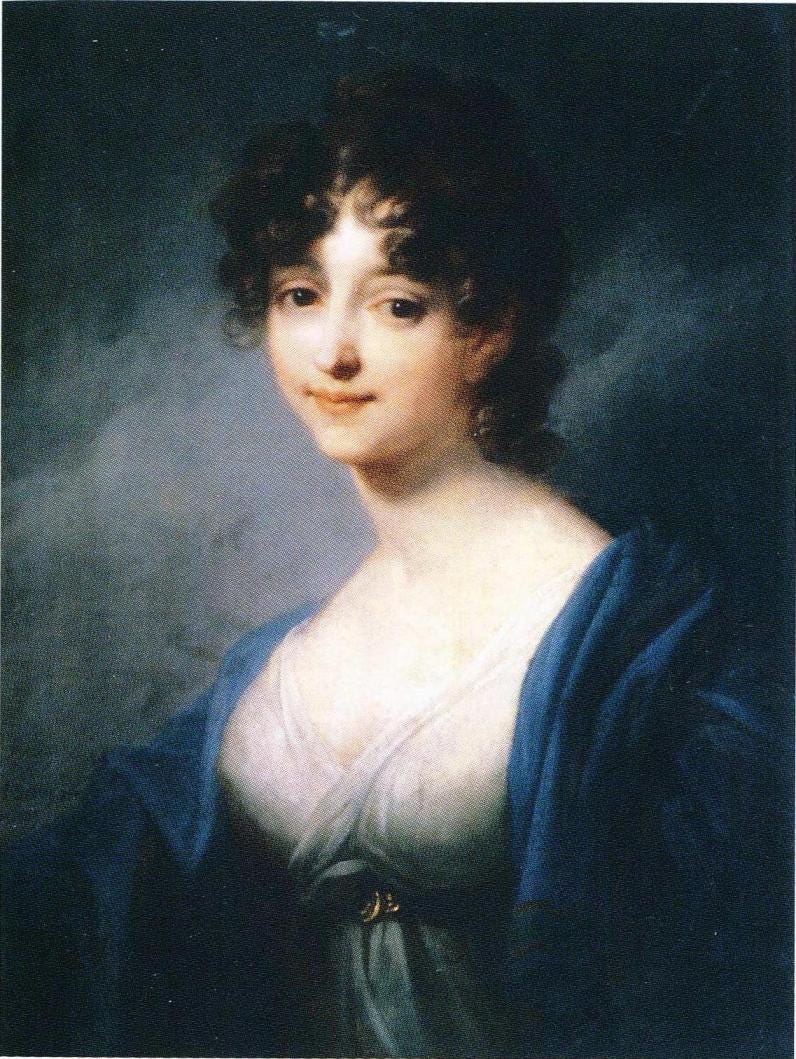
The Congress of Vienna took place for nearly two years. In the mornings, the politicians met in the conference rooms. The four great powers discussed the demands of smaller countries that could only hold small conferences of their own. They all could eat the best food and enjoy a banquet every evening. Alexander I. was proclaimed a king of the Waltz, and he and his sister enjoyed numerous affairs in Vienna. Politics was done in conference rooms and on the dance floor. Prominent ladies held salons, and men and women visited them. Some of the ladies, the czar's sister, Alexandra Pavlovna, and two duchesses - Wilhelmina of Sagan and Napoleon's sister Carolina Murat, had so many visitors that the secret police had trouble following all of them.
Wilhelmine of Sagan was the femme fatale of the Austrian first minister Metternich. As she admired Russia, she became acquainted with the charismatic Russian czar during the Congress of Vienna. The two men personally hated each other because of this. When they met one day in front of her bedroom door, swords were drawn—this affair hugely complicated negotiations.
What to do with France
What to do with France? France was to return to its borders in 1792 with some minor territorial gains. The restored Bourbon king did not contribute to Napoleon's defeat, so he was not to have a say in postwar negotiations. And France was to stay defeated. The diplomats in the Congress of Vienna wanted to honor the old and sad custom that peace treaties should be signed, gazing to the past and not the future. Yet France had a trump on the congress, its foreign minister Maurice de Talleyrand. This skillful diplomat managed to push France among the four powerful states.
He got smaller states on his side, and later as the Russian czar became more and more impossible to deal with, he became the much-needed ally to the others. And so it happened that the defeated state, whose emperor was exiled to the Island of Elba, was part of all the negotiations. But not even that helped to move things forward. The question of Poland being wanted by Russia and Saxony wanted by Prussia could not be solved by any means. The Russian czar even moved his army to Poland, and peace was threatened. Until…
Napoleon was freed and defeated again.
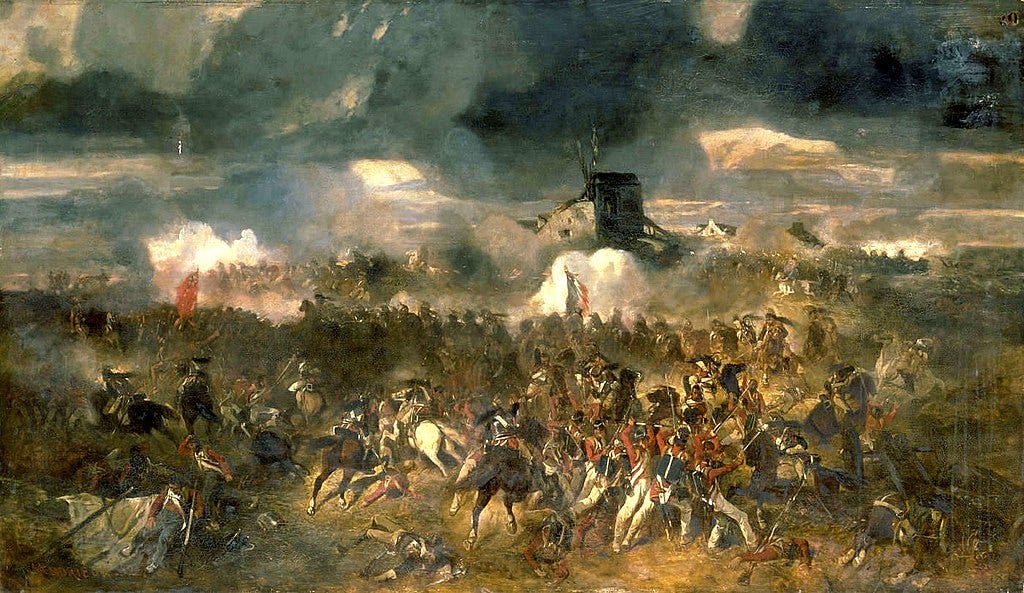
In February 1815, Napoleon Bonaparte disappeared from his island. In March, he was standing in front of the gates of Paris. His case was hopeless. The French republicans, anti-royalists, most ordinary people, and nearly all French soldiers welcomed their emperor with shouts of joy. But what he needed, what France desperately needed, was a period of peace and time for recovery. That would mean international recognition. And the politicians who discussed the future of Europe at the Congress of Vienna did not think of giving him one for a second.
Quite the contrary. After months of fruitless negotiations, threats, and quarrels, everybody in the Congress of Vienna was suddenly willing to compromise. The czar accepted the creation of a smaller Poland under his rule and let Austria keep the Galicia province. Prussia lost its taste for Saxony. After they resolved the Polish problem, all other matters went smoothly. Everybody was happy; the czar embraced Prince Metternich and called him his best friend. Things move faster when war is at your door.
The order that came out of the Congress of Vienna
Napoleon was defeated at Waterloo and disappeared from history. Bourbon kings returned to France, Spain, and Naples. All the remnants of republican regimes should vanish. The so-called Holy Alliance was created at the behest of Czar Alexander. The three monarchs - the Austrian emperor, Russian czar, and Prussian king vowed to protect Europe from the danger of republicanism and secularism. No second French revolution was to happen ever again. The world was to stay the same, with the divine right of kings to rule their subjects.
Together, they managed to keep the old regime until 1848, though a series of upheavals, revolutions, and little wars tried to break the chains. The wheel of history would not stop turning, although the men in the Congress of Vienna tried so hard. One would not blame them. Europe saw enough blood and death for one generation, they thought. But there were other generations with their battles to fight.




